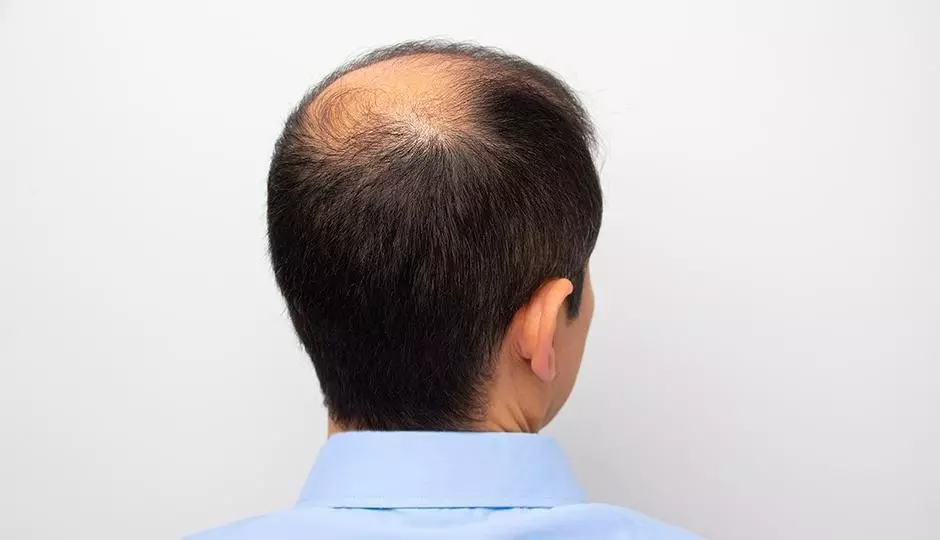A fever is higher than normal body temperature (98.6 °F). This is your body's way of telling you something is not right and is most likely an indication that your body is trying to fight off an illness. Infections are the most common cause of fevers because your body is trying to kill a virus or bacteria. Other causes include cancer, medications, autoimmune diseases, etc. One commonly asked question is whether fevers cause hair loss?
No, indirectly, fevers do not cause hair loss. However, the stress that high fever places on the body can result in temporary hair loss.
How Does a Fever Result in Hair Loss?
There are three phases of a fever. The first is that your body reacts. During this phase, your lymphatic system produces white blood cells to fight off the infection. The increase in the production of white blood cells sends a signal to your hypothalamus, which is the part of the brain that regulates body temperature. Your hypothalamus understands there is a threat to the body and begins heating it up in an effort to destroy the invader. The blood vessels in your skin tighten which forces the blood closer to the core of your body to keep in as much heat as possible. The result is you begin to shiver which increases your body's temperatures even more.
The second stage is leveling off. During this phase, your fever remains high but steady, never increasing or decreasing.
During the third phase, your body begins cooling down, and your body temperature starts returning to normal. The blood vessels near your skin open to allow for the return of normal blood flow.
The physical stress experienced during a fever can lead to a temporary hair loss condition known as telogen effluvium.
What is Telogen Effluvium?
Telogen effluvium is a form of temporary hair loss that is typically the result of extreme stress such as shock, trauma, or even a fever. Most people who have telogen effluvium do not experience complete balding but rather noticeable thinning. The most common symptom is an increase in the amount of hair a person loses which can be noticeable on their brush, in the drain, or when they run their fingers through their hair.
There are three phases in the hair cycle: growth, transitional, and telogen (resting). Telogen effluvium affects the telogen phase. Hair in the telogen phase is resting in the follicle. A person with normal hair growth has 5 to 10 percent of their hair in the telogen phase at any given time. However, someone with telogen effluvium has closer to 30 percent of their hair in the telogen phase. The reason is that during telogen effluvium, the growth phase slows down and a higher number of hairs are pushed prematurely into the telogen phase. This means that a larger number of hair strands shed without new strands taking their place.
What is the Treatment?
In most cases, hair loss as the result of fever is temporary. Once the fever has been addressed and body temperature returns to normal, so should your hair growth. It is important to note that even though hair growth returns to normal, it could take months before you have a full head of hair again.
Do Not Wait for a Full Head of Hair!
Even though hair loss caused by a fever is temporary, it doesn't mean that you want to wait to enjoy a full head of hair again. When you choose New Look Institute, you do not have to! As the most trusted hair restoration studio in San Jose, our specialists can help you enjoy a full head of hair now while promoting faster, thicker growth of your natural hair. Custom wigs and extensions allow you to immediately feel like yourself again, while laser hair growth therapy and topical thickening and hair regrowth treatments promote healthy hair growth. Do not let temporary hair loss slow you down. Contact us today for your FREE hair loss analysis







